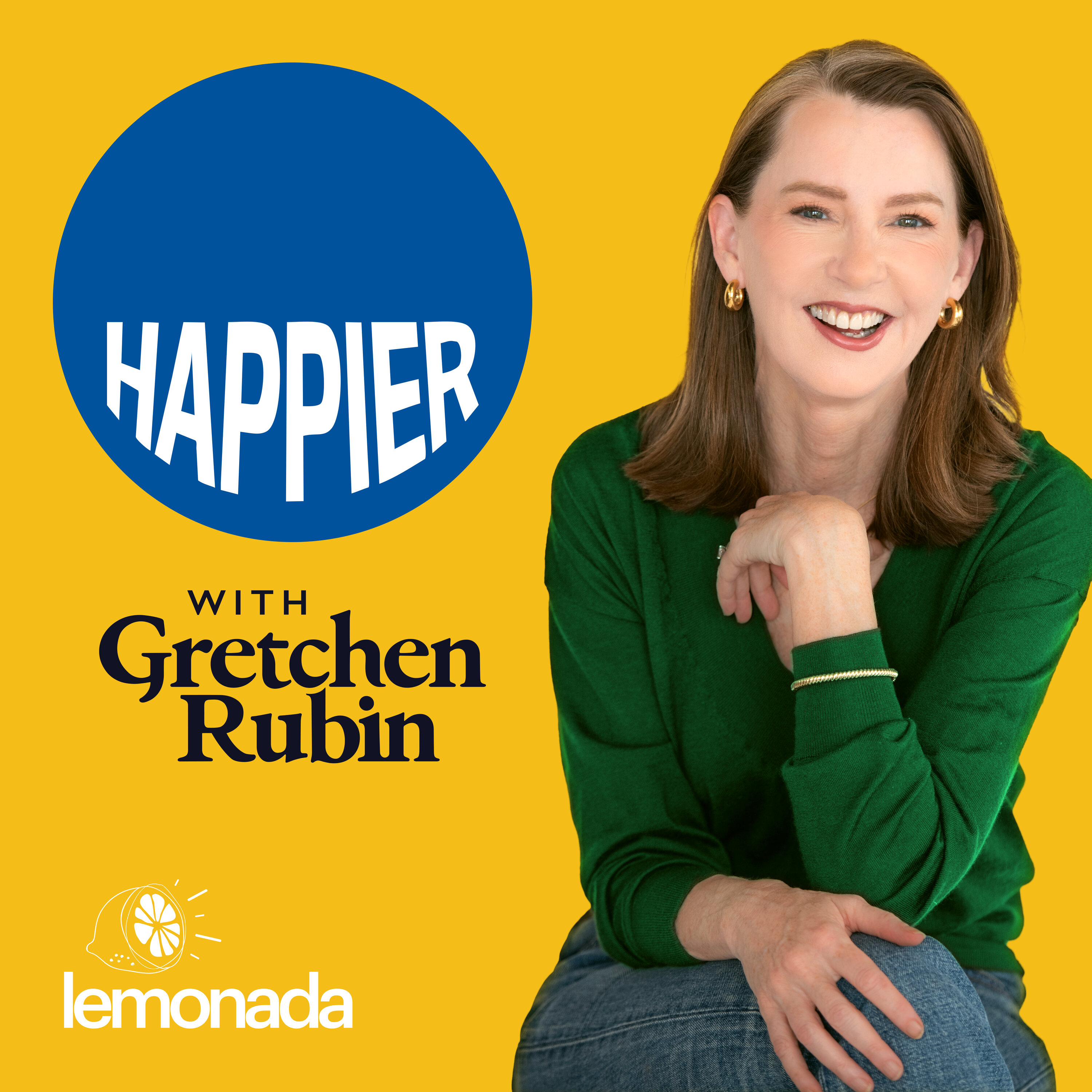
A while back, I read a book of letters, Letters of James Agee to Father Flye. James Agee is a well-known American writer, probably best known for his book A Death in the Family.
I was struck by something that Agee wrote, in February 1951, when he was about 41 years old.
He’d had serious heart trouble, and had been hospitalized, and had been told by his doctors that he needed to cut back on drinking and smoking.
Agree wrote:
I am depressed because whether I am to live a very short time or relatively longer time depends…on whether or not I can learn to be the kind of person I am not and have always detested.
And indeed, Agee didn’t cut back on the drinking and smoking, and he died of a heart attack, at age 45, in a taxi on his way to see a doctor.
In my book Better Than Before, I talk about the strategies we can use to change our habits, and Agee alludes to the strategy that took me the longest to recognize: the Strategy of Identity.
When we find it hard to change a habit, when we keep trying and failing, often an issue of identity is involved.
Often, habits can’t change until identity changes. For instance, a person identifies as the fun one, the one who says “yes” to everything—but also wants to cut back on drinking. A person identifies as a workaholic, but then wants to work reasonable hours. The identity is incompatible with the change in habits. For the habit to change, the identity must change.
James Agee liked to drink and smoke, certainly—but he also considered himself that kind of person. So to change his habits, he had both to stop drinking and smoking, and also “learn to be the kind of person he was not.” But, he wrote, he detests that kind of person! No wonder it was hard for him to change.
Over and over, I’ve seen that to change a habit, sometimes we have to grapple with a fundamental shift in our identity. To take a small example, I used to think, “Real readers finish every book they start, and I’m a real reader.” I had to change that identity before I could let myself stop reading a book if I found it boring.
It can be exciting, but also painful and sad, to relinquish an identity. Sometimes it’s necessary, to allow important changes to occur. The more aware we are of a clash between the identity we have and the habits we seek, the more we can shape our actions to reflect our true values.
